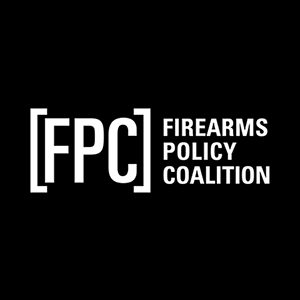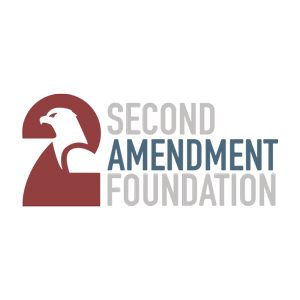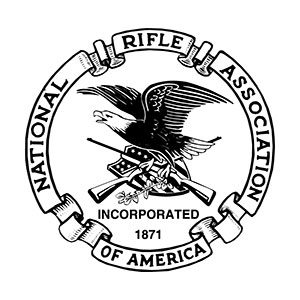
On June 18, 2025, the United States Court of Appeals for the Fourth Circuit issued significant rulings in two cases from within its districts, both holding that bans on handgun possession for young adults do not violate Second Amendment rights. The decision reflects the Court’s willingness to construct virtually any reasoning possible to sidestep the obvious civil rights infringements.
McCoy v. ATF involved four plaintiffs challenging that the law unconstitutionally barred them from purchasing handguns from licensed dealers.
Notable amici who supported this case included well-known anti-gun groups, Giffords Law Center to Prevent Gun Violence and Brady Center to Prevent Gun Violence, along with nearly a dozen states, including New Jersey.
The district courts initially granted summary judgment in favor of the plaintiffs, but the Fourth Circuit overturned these decisions. (Similarly to McCoy, Steven Brown v. ATF contested the restriction and was supported by the Second Amendment Foundation.) Steven Brown v. ATF was decided on the same day, issued an unpublished per curiam opinion (the order stated, “Decision: Reversed and remanded with directions to dismiss”), aligning with the McCoy v. ATF outcome.
The majority opinion in McCoy v. ATF was authored by Judge J. Harvie Wilkinson and joined by Judge Heytens, with Judge A. Marvin Quattlebaum dissenting.
The majority relied heavily on the “infancy doctrine,” a common law principle that restricted a minor’s ability to purchase goods, which the court characterized as a view that “individuals under 21 lack the maturity, judgment, and discretion needed to engage in responsible transactions, including firearm purchases.”
From this, the court teased out a historical analogue by reasoning, “…even if an infant had enough coin to buy a gun, merchants would have been unwilling to sell because they bore the risk that the minor would rescind the transaction and be entitled to a full refund under the infancy contract doctrine.”
However, when it came to the District Court’s finding that the Militia Act of 1792 demonstrates that 18- to 20-year-olds have a Constitutional right to buy a handgun, the appeals court side-stepped it with some grammatical tap-dancing:
Again, the Act required a militiaman to “provide himself with a good musket or firelock.” Militia Act, § 1, 1 Stat. 271, 271 (1792) (emphasis added). Not purchase for himself. There were of course many ways for an infant to “provide” himself with a firearm without going out and purchasing one himself.
The majority summarized its opinion in what can only be a backhanded and sarcastic dismissal of Supreme Court precedent:
We have done our best to faithfully apply the analytical framework set out in Bruen…. By conditioning the sale of handguns on a buyer’s age, § 922(b)(1) is presumptively lawful. Bruen analysis confirms that the law is indeed Constitutional.
In his concurring opinion, Judge Heytens made the following hostile statement about these rights:
For Second Amendment purposes, it does not matter that today’s 18-year-olds have come to enjoy statutory–and even Constitutional–rights they would not have possessed at the Founding. Instead, the question is whether the “pre-existing right” that Amendment “codified” in 1791 already encompassed a right for 18-year-olds to buy firearms. District of Columbia v. Heller, 554 U.S. 570, 592 (2008). Because text, history, and tradition show the answer is no, I concur.
In his dissent, Judge Quattlebaum stated:
The federal handgun purchase ban implicates the Second Amendment’s text because 18- to 20-year-olds are part of “the people,” a ban on purchasing infringes the right to “keep and bear” arms and the federal handgun purchase ban is not a presumptively valid condition or qualification on commercial sale. The government has not met its burden to justify the regulation with relevant principles from our Nation’s historical tradition of firearm regulation.
These decisions add to a significant split in the circuits on this subject, with the Fourth, Tenth, and Eleventh Circuits upholding age-based handgun purchase restrictions, and the Fifth, Third, and Eighth Circuits striking down such restrictions.


















Johnathan Skrmetti, Attorney General for the state of Tennessee refused to defend the state against a similar charge in the Beeler case, saying the challenged scheme of denying 18-20 year of age the ability to carry handguns and to perfect permits to do so violated the 2ND and 14th Amendments. In a previous Tennessee Supreme Court case, Andrews v. State from 1871, they said this: “The right to keep arms, necessarily involves the right to purchase them, to keep them in a state of efficiency for use, and to purchase and provide ammunition suitable for such arms, and to keep… Read more »